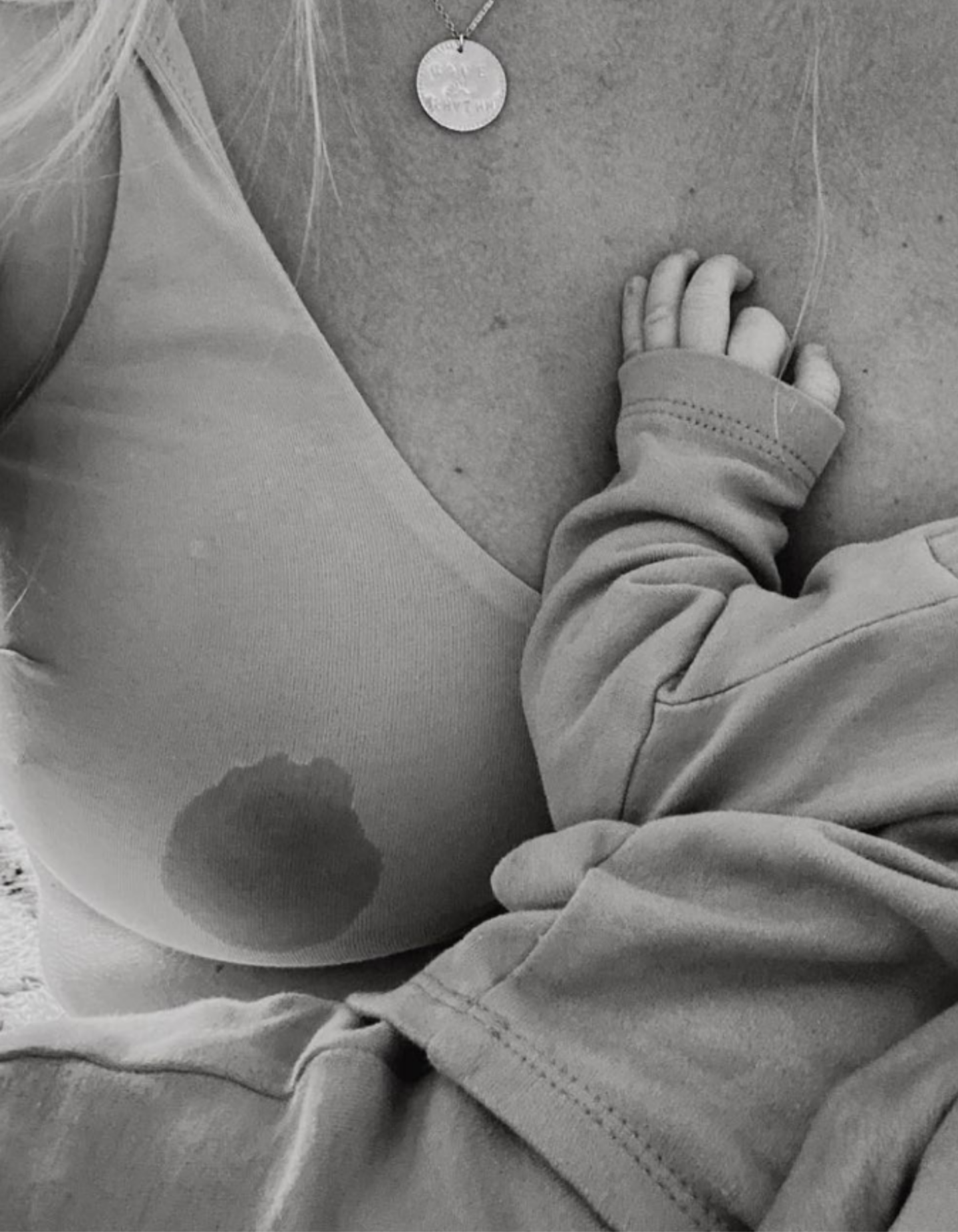Nadine is a health coach and writer who helps her clients achieve phenomenal and sustainable results by combining nutrition, fitness and fun! She believes primarily in living a happy life, and that the backbone of any lifestyle is that it must be sustainable and enjoyable.
The postpartum period represents a profoundly challenging epoch, wherein many women silently endure significant hardship, often not out of volition, but from circumstantial constraints. A staggering number of women are precluded from accessing vital mental health services due to geographical and financial impediments, presenting an even more formidable obstacle amid an ongoing mental health strife. Journaling, while seemingly simplistic, can serve as a potent tool in fostering mental health; for new mothers, consistently carving out even a mere 20 minutes daily or weekly for this practice can substantively fortify mental resilience and well-being.
What is Journaling?
When we think of journaling, it’s normal to imagine our 10-year-old selves writing our deepest thoughts in a notebook with our favorite pen. That’s not much different from what we plan to do when journaling as adults. Mental health journaling doesn’t even have to be focused or planned out. The goal of your journaling journey is to get what’s in your head, onto the page.
It’s best to journal consistently, daily or weekly, as it lets you process your thoughts and feelings in a comfortable time frame. There’s no deadline to “curing” your depression, so don’t rush yourself. Your notes (or doodles) are there to help you move forward at your own pace.
You can express yourself as you like; there are no right or wrong answers. There are even different types of journaling, including these, that are helpful for postpartum depression:
- Gratitude Journal: Write about what you’re grateful for and what you cherish.
- Dreams and Ideas Journal: Write about what you want to do in the future.
- Affirmations Journal: Write about your thoughts from different perspectives.
- Self-Care Journal: Write about your direct thoughts and feelings.
Journaling isn’t a cure-all, and if you’re experiencing debilitating symptoms, it’s a good idea to speak to a professional. With that said, journaling can be a great companion to professional guidance or as a helpful tool if you’re unable to access mental health services at this time.
How Journaling Can Help With Postpartum Depression
Postpartum depression makes it feel seemingly impossible to do certain tasks. If you have the energy, you can capitalize on the benefits of mental health journaling, such as:
- It Makes You More Aware: Writing down your feelings helps you understand them better. This structure can help you form new perceptions about certain events.
- It Helps You Focus: Writing down your thoughts can help you stop thinking about them over and over again. It’s healthy to get those feelings out of your head.
- It Reduces Anxiety: A study that followed people who journaled for 15 minutes a day over a 12-week period found that journaling leads to fewer depressive symptoms.
- It Encourages Opening Up: Opening up is hard, but journaling can make it easier. You’re already opening up to journals, so the next step to a person isn’t as difficult.
- It Can Speed Up Physical Healing: Seriously! In a study, biopsy patients who wrote daily recovered faster than people who didn’t! Mental and physical health are connected!
Journaling Tips That Can Help With Postpartum Depression
“Write what you like” can be a pretty intimidating concept, and we get it! So, to help you get used to journaling for the benefit of your mental health, try these tips and tricks.
Buy a Cute Journal
Buying a cute journal can really motivate you to start writing. Whether you want something pink and fluffy or black and sleek, a journal that fits your personality will be more fun to write in. Plus, choosing your own journal can help you become more attached to the thought of writing.
Write 20 Minutes a Day
Twenty minutes a day seems to be the sweet spot. It gives you enough time to write down your thoughts without getting too overwhelmed. And don’t worry if you can’t make it to 20 minutes. Ten, five, or even three is more than enough. Just write as often as you can, but stay consistent.
Try New Things
Use different writing prompts or styles to prevent boredom. For example, you could write comforting words to yourself or a letter to someone you care about. If you find yourself pulling away from writing, ask yourself if there’s something you can do to keep yourself motivated.
Don’t Be Too Negative
It’s totally fine to jot down your negative thoughts, but if that’s all you’re doing, it could negatively affect your mental health. Put a limit on the negativity. If rereading these negative thoughts isn’t helpful, consider ripping out the page and throwing it away for some emotional cleansing.
Make it Easy to Write
Building any habit is hard enough when you are struggling with mental health issues… It can feel like climbing a mountain. The goal here is to try to make things easier. Remind yourself to journal by putting your notebook in your bag, phone, or car, or set notifications on your phone for the best time.
In Conclusion…
Postpartum depression is a severe, long-lasting depression that should be taken seriously, but it shouldn’t be treated as a character flaw.
Prompt treatment can help you manage your symptoms, and journaling can play a part in your recovery. Writing down your deepest thoughts and feelings can give you clarity on what’s happening and speed up your recovery. Journaling can be a great coping tool for mothers.
For more resources on postpartum depression, please refer to the following:
1. Postpartum Support International provides various resources, including peer mentors who are trained to listen and provide helpful advice.
2. Postpartum Progress offers information, support, and stories from mothers who have experienced postpartum depression.
3. The American Psychological Association has useful mental health resources, including those pertaining to postpartum depression.
4. The Kelley Kitley Serendipitous Psychotherapy provides postpartum depression screenings to new mothers and their partners.
5. The Substance Abuse and Mental Health Services Administration’s (SAMHSA’s) National Helpline provides 24/7 assistance for any mental health-related issues, including postpartum depression.
6. Postpartum Health Alliance: A non-profit organization dedicated to increasing awareness about perinatal mood disorders and providing support services to women who are pregnant or postpartum.
7. Reach out to your local hospitals and health clinics: Often, they have support groups or resources for new moms, including those struggling with postpartum depression.




